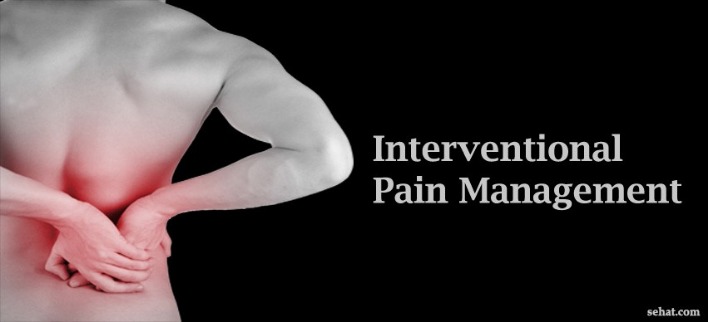Interventional Pain Management is a specialized field of medicine that focuses on the diagnosis and treatment of chronic pain. Unlike traditional pain management techniques that often rely on medications to alleviate symptoms, interventional pain management uses a variety of minimally invasive procedures to target the source of the pain directly.
What is Interventional Pain Management?
Interventional Pain Management involves a multidisciplinary approach to pain relief that may include the following techniques:
- Epidural steroid injections
- Facet joint injections
- Nerve blocks
- Radiofrequency ablation
- Intrathecal pumps
How Does Interventional Pain Management Work?
Read more about INTERVENTIONAL PAIN here.
Interventional pain management procedures are typically performed by highly trained physicians called pain management specialists. These specialists use advanced imaging techniques like fluoroscopy or ultrasound to precisely target the affected area and deliver medication or treatment directly to the source of pain.
Benefits of Interventional Pain Management
- Minimally invasive procedures with lower risk of complications
- Targeted treatment for specific pain conditions
- Reduction or elimination of the need for long-term medication use
- Improved quality of life and increased functional ability
FAQs About Interventional Pain Management
Q: Is interventional pain management suitable for all types of pain?
A: Interventional pain management is most effective for chronic pain conditions, such as back pain, neck pain, or joint pain. It may not be suitable for acute pain or pain resulting from certain medical conditions.
Q: Are interventional pain management procedures painful?
A: While some discomfort may be experienced during the procedure, pain management specialists often use local anesthesia to minimize any pain or discomfort. Most patients report little to no pain during the procedure.
Overall, interventional pain management offers a promising alternative for individuals suffering from chronic pain, providing targeted relief with fewer side effects than traditional pain management techniques. Talk to a pain management specialist to see if this approach is right for you.





